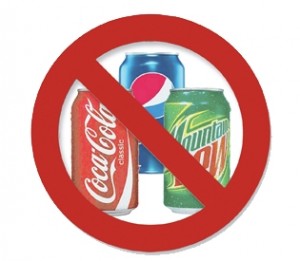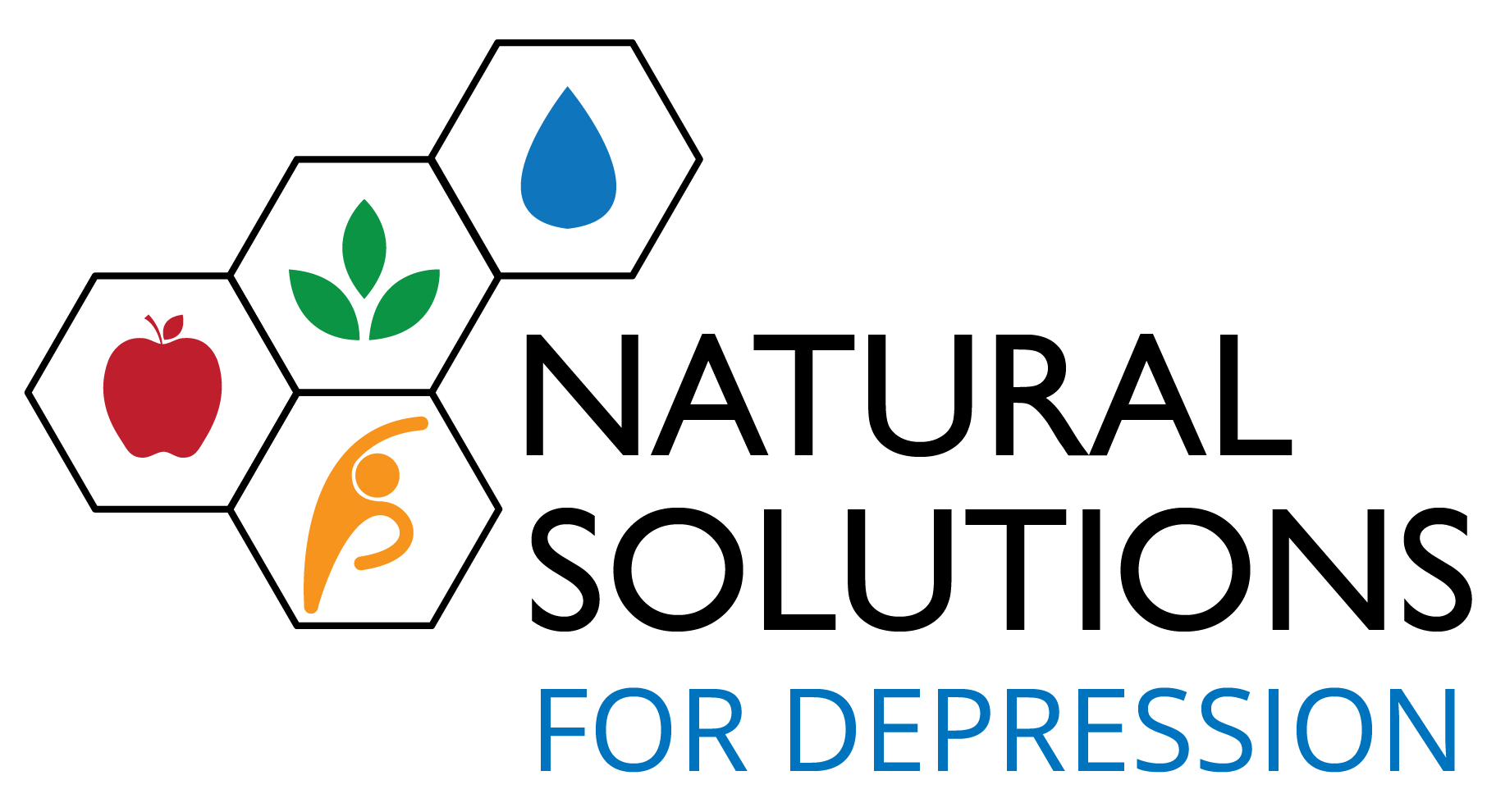 Caffeine and Depression
Caffeine and Depression
Caffeine, especially when it is consumed with refined sugar has a strong association with depression. Many people that use caffeine do so for the increase in mental focus and to combat fatigue. This is understandable, especially if you are also struggling to get good quality sleep. However, using caffeine regularly also sets up a pattern that causes further neurotransmitter depletion, making the underlying problem worse. Yes, you will most likely be pretty grumpy and/or irritable when you come off caffeine and you might not feel the greatest; but that is simply a sign that your body is detoxing from the negative effects of caffeine withdrawal. If needed during this time, use green tea (there are lots of flavors to choose from; if you are a coffee drinking, look for Earl Grey Green Tea) to get you a little caffeine boost.
How to Avoid Caffeine
Avoid foods and beverages that contain high levels of caffeine including coffee, cappuccino, espresso, soda/pop, chocolate, black tea, chia tea as well as medications high in caffeine, such as Excedrin and No-Doze or like medications designed to keep you awake. As most foods high in caffeine are actually drinks, try herbal teas (Good Earth Original Blend is caffeine-free as well as Bengal Spice by Celestial Seasonings. Both are hearty teas that can satisfy even the most devote coffee drinker. Coffee substitutes, available at health food stores or good old pure water are effective and healthy substitutes also.




